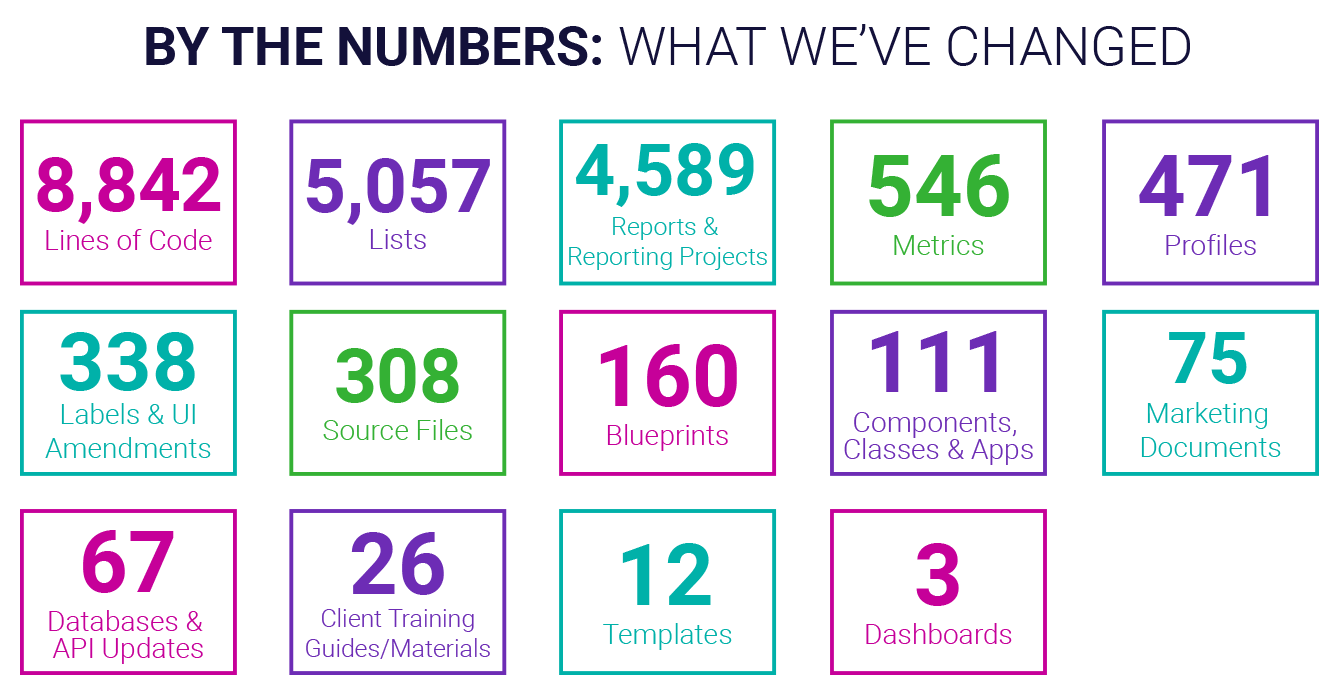DoubleVerify recently held a social justice hackathon, beginning June 17th, to remove biased language throughout the company.
After conducting an audit of our systems and collateral, we found previously common industry terminology such as “blacklist,” “whitelist,” and “master list” were examples of implicitly biased language. This type of language perpetuates negative and dated racial characterizations of good and bad, and it does not align with our corporate values of inclusion, diversity and equality.
In under two weeks, employees from across the company came together to remediate this terminology — removing it from our product labels, UIs, underlying code base and marketing materials. And future plans for partner collaboration and education are underway.
Why Change Is Necessary
Never before have we attempted such a large scale terminology change in such a short period. Social justice issues, however, have come to the fore as a crucial area of focus for society. They’ve made us think more deeply about how we can actively and accountably demonstrate our values and ensure our products support the diversity and inclusiveness that we hold dear as a company.
What We’ve Done, and What We’re Doing Next
First, under the guidance of our diversity and inclusion team, we made the following updates to our naming conventions:
- “Exclusion list” has replaced “black list.”
- “Inclusion list” has replaced “white list.”
- “Base list” has replaced “master list.”
To implement these changes, we set up two phases.
Phase 1: A Cross-Company Initiative Completed in Under Two Weeks
First, we concentrated on a company-wide initiative to update our taxonomy for all client-facing and internal systems in under two weeks. Employees across product, engineering, account management, marketing, Salesforce, sales engineering, sales, legal and finance teams paused other projects to swiftly and immediately remediate all instances of biased language — from our code, to our marketing materials, to our billing templates.

Phase 2: Partner Collaboration in Progress and in the Future
Next, we’ve outlined steps to review client feedback and help make recommendations for record name changes by mid-July, when we’ll be renaming variables and reporting metrics across all datasets. And our legal team is currently reviewing contracts and working to update previous standard agreements, such as “Master Service Agreement” and “Master Service Order,” with new titles.
Additionally, we’re working to address joint product functionality where a partner, such as Facebook, controls the naming conventions.
How Do We Make Sure Terminology Continues to Reflect Our Values?
As an extension of our branding and style guide, we’re creating a terminology guide that will outline rules to reinforce the use of unbiased language. And it will provide guidance about how this should be applied to internal and external materials going forward.
Our mission statement is to build a better industry. This means not only preserving a free, ad-supported Internet that is impactful for brands, sustainable for publishers and respectful of consumer choice — but also creating working environments that hear, see, acknowledge and champion diversity. Let’s build a better industry, for everyone.
The views expressed in this post are that of the individual making them, and not necessarily of DoubleVerify. In addition, all links to non-DoubleVerify websites are the property of their respective owners and DoubleVerify assumes no responsibility for the content therein.

